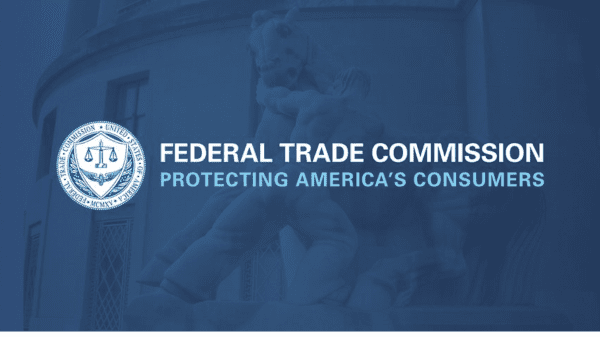
The U.S. Federal Trade Commission plans to investigate why grocery prices remain high, even as the pace of inflation has slowed.
FTC chair Lina Khan said she will request the investigation in order to know more about retail chains’ pricing tactics. She made the request during the August 1 Justice Department and Federal Trade Commission virtual cohosted public meeting of the Strike Force on Unfair and Illegal Pricing (Strike Force) to discuss Strike Force enforcement actions taken to lower prices for Americans.
“We want to make sure that major businesses are not exploiting their power to inflate prices for American families at the grocery store,” Kahn said, according to a post-meeting statement.
Deputy Secretary Xochitl Torres Small of the U.S. Department of Agriculture highlighted USDA’s approach to tackling food and agricultural pricing challenges for farmers and consumers alike, including an ongoing investigative study on retail concentration and market practices.
In March, the FTC issued a report on the causes behind grocery supply chain disruptions resulting from the COVID-19 pandemic. The report alleged that large market participants accelerated and distorted the negative effects associated with supply chain disruptions.
The report’s findings stem from orders the FTC issued in 2021 under Section 6(b) of the FTC Act to Walmart Inc., Amazon.com, Inc., Kroger Co., C&S Wholesale Grocers, Inc., Associated Wholesale Grocers, Inc., McLane Co, Inc. Procter & Gamble Co., Tyson Foods, Inc., and Kraft Heinz Co. The findings also draw from publicly available data on industry costs and revenues.
The U.S. Federal Trade Commission plans to investigate why grocery prices remain high, even as the pace of inflation has slowed.
FTC chair Lina Khan said she will request the investigation in order to know more about retail chains’ pricing tactics. She made the request during the August 1 Justice Department and Federal Trade Commission virtual cohosted public meeting of the Strike Force on Unfair and Illegal Pricing (Strike Force) to discuss Strike Force enforcement actions taken to lower prices for Americans.
“We want to make sure that major businesses are not exploiting their power to inflate prices for American families at the grocery store,” Kahn said, according to a post-meeting statement.
Deputy Secretary Xochitl Torres Small of the U.S. Department of Agriculture highlighted USDA’s approach to tackling food and agricultural pricing challenges for farmers and consumers alike, including an ongoing investigative study on retail concentration and market practices.
In March, the FTC issued a report on the causes behind grocery supply chain disruptions resulting from the COVID-19 pandemic. The report alleged that large market participants accelerated and distorted the negative effects associated with supply chain disruptions.
The report’s findings stem from orders the FTC issued in 2021 under Section 6(b) of the FTC Act to Walmart Inc., Amazon.com, Inc., Kroger Co., C&S Wholesale Grocers, Inc., Associated Wholesale Grocers, Inc., McLane Co, Inc. Procter & Gamble Co., Tyson Foods, Inc., and Kraft Heinz Co. The findings also draw from publicly available data on industry costs and revenues.



